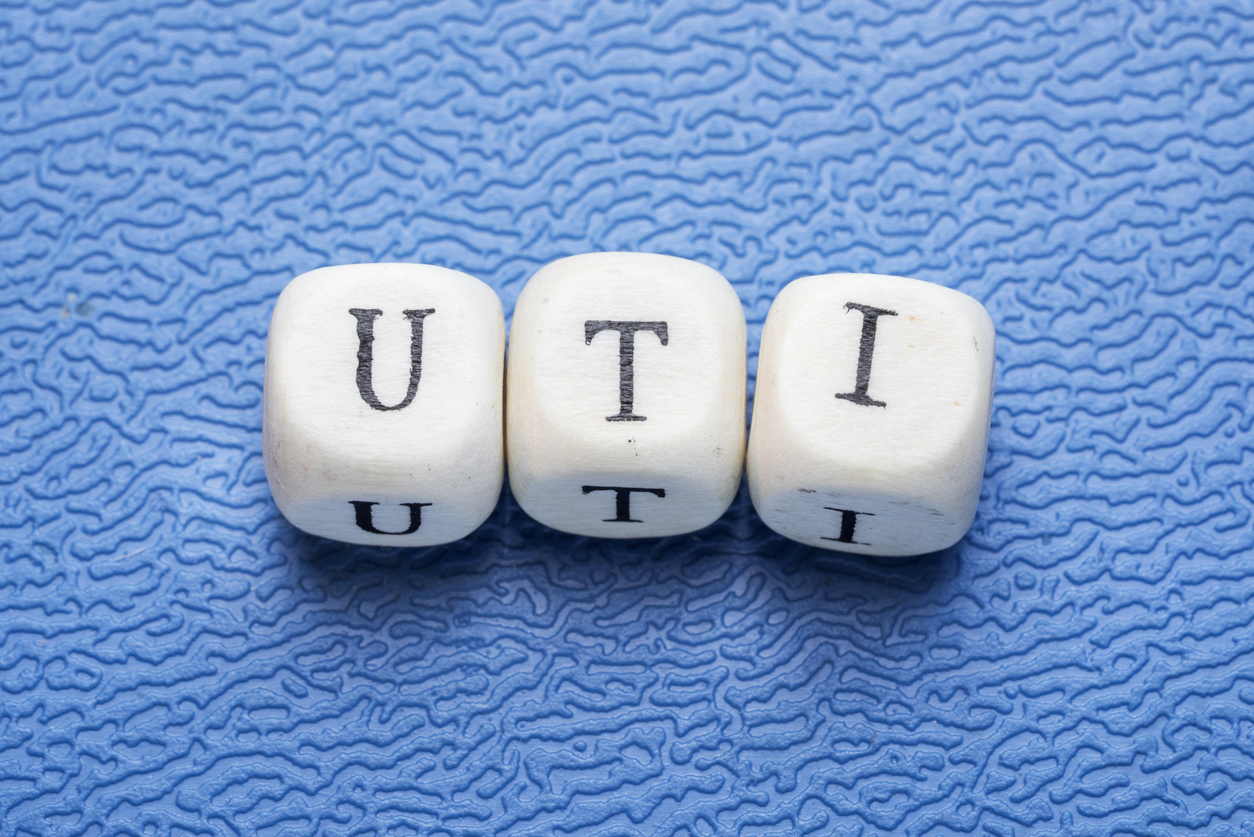UTI Prevention Tips for People with SCI

Urinary tract infections (UTIs) are caused when bacteria invade the bladder or kidneys. UTIs can also affect the ureters and urethra. People with SCI have an increased risk of developing urinary tract infection, usually caused by incomplete voiding, catheter use, and/or elevated intravesical pressure.
Urinary Tract Infection Causes
Most people with SCI lose regular urinary function and require bladder management to void urine and keep their bladder and kidneys healthy. Additionally, people with SCI frequently require bowel management which provides an opportunity for bacteria from the bowel to enter the urethra and bladder. Bacteria contaminated urine that remains in the bladder for 4-6 hours promotes this bacteria growth. Bacteria in the bladder can be difficult to eliminate. Frequent and full voiding of the bladder is the best way to evacuate bacteria from the bladder, but people with SCI have more difficulty with frequent urination and fully voiding their bladder, thus increasing the risk of infection. Intermittent Catheterization Any time a catheter is inserted into the urethra, it can cause bacteria that normally dwell outside on the skin to invade the bladder. Intermittent catheterization poses less risk for UTI than an indwelling catheter, but it’s important to be sure the bladder is voided usually every 4-6 hours. Not using intermittent catheters in a timely fashion increases the risk of UTI, as does inadequate fluid intake, and failing to wash equipment and hands before use. Indwelling Catheter (Foley) Indwelling catheters provide a pathway for bacteria to enter the bladder, increasing the risk of UTI, especially if the catheter is blocked, there is an increased risk of infection for other medical reasons, or fluid intake is insufficient and urine becomes concentrated.Symptoms of a Urinary Tract Infection
Not everyone experiences the same symptoms of UTI, but the most common symptoms are:- Fever
- Chills
- Leakage or voiding between catheterizations
- Increased spasms of legs, abdomen, or bladder
- Feeling the need to catheterize more often (frequency)
- Feeling the need to catheterize immediately (urgency)
- Burning of the urethra, penis, or pubic area
- Nausea
- Headache
- Mild low back pain or other aches
- Feeling "lousy" or tired
- Gritty sediment in the urine
- Mucus in the urine
- Dark, cloudy or bad-smelling urine












